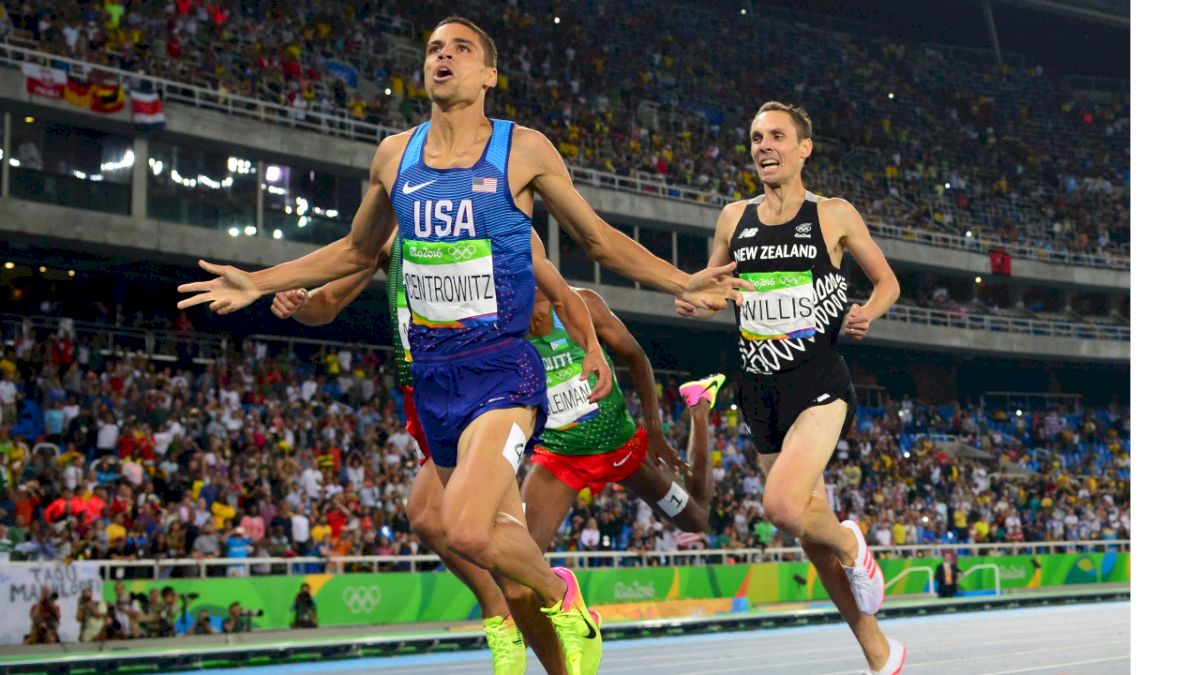Blitz News Digest
Stay updated with the latest trends and insights.
Chasing Medals and Dreams
Join the journey of athletes as they chase medals and dreams—uncover inspiring stories, tips, and the thrill of competition!
The Journey to Gold: How to Train for Competitive Success
The Journey to Gold requires dedication, discipline, and a well-structured training plan. To achieve competitive success, athletes must first set clear goals that align with their aspirations. Establishing both short-term and long-term objectives can help maintain focus and motivation. These goals should be specific, measurable, achievable, relevant, and time-bound (SMART). A sound training regimen often includes a combination of strength training, endurance workouts, and skill development. Additionally, it’s essential to monitor progress and adjust the program as needed to prevent plateaus and promote continuous improvement.
Furthermore, mental preparation plays a crucial role in reaching the peak of your performance. Visualization techniques can enhance confidence and reduce anxiety before competitions. Athletes should also engage in mindfulness practices to maintain focus and resilience under pressure. Incorporating rest and recovery days is vital to prevent burnout and injuries, allowing the body to heal and grow stronger. Remember, the journey to gold is not only about physical training; it involves nurturing a winning mindset that embraces challenges and fosters a love for the sport.

Overcoming Obstacles: Stories of Athletes Who Chased Their Dreams
Overcoming obstacles is a common thread that binds athletes from all walks of life. Take, for instance, the inspiring story of Jessica Ennis-Hill, who faced severe injuries and doubts about her capabilities leading up to the London 2012 Olympics. Despite these setbacks, her relentless pursuit and unwavering determination helped her secure the gold medal in heptathlon. Her journey exemplifies how tenacity and a strong support system can guide athletes through adversity, enabling them to focus on their dreams and ultimately achieve them.
Similarly, the tale of Michael Phelps highlights the power of perseverance. Growing up diagnosed with ADHD, Phelps struggled to fit into traditional schooling and often felt like an outcast. However, he channeled his energy into swimming, where he not only found solace but also carved a path to become the most decorated Olympian of all time. Phelps’s story serves as a powerful reminder that overcoming personal obstacles can unlock potential previously thought impossible, inspiring countless others to chase their dreams with fervor.
What Does It Take to Win a Medal? Insights from Elite Competitors
Winning a medal, whether in the Olympics or any other elite competition, requires a blend of dedication, skill, and a strategic mindset. Athletes must adhere to a rigorous training schedule, often training for years to refine their techniques and improve their performance. As many elite competitors emphasize, consistency is key—daily practice focusing on both physical conditioning and mental fortitude can make the difference between standing on the podium or watching from the sidelines. Additionally, goal setting plays a crucial role; elite athletes often break down their long-term objectives into manageable milestones, creating a clear pathway to success.
Furthermore, the mental aspect of competing cannot be understated when considering what it takes to win a medal. Visualizing success and managing pressure during high-stakes events are essential skills that elite athletes develop. Techniques such as meditation and positive self-talk help competitors maintain focus and resilience, particularly during moments of intense competition. As one champion stated,
"It’s not just about physical strength; your mind needs to be in the right place to truly excel."Combining these elements—physical training, strategic planning, and mental preparation—forms the foundation for achieving medal-winning performances on the world stage.